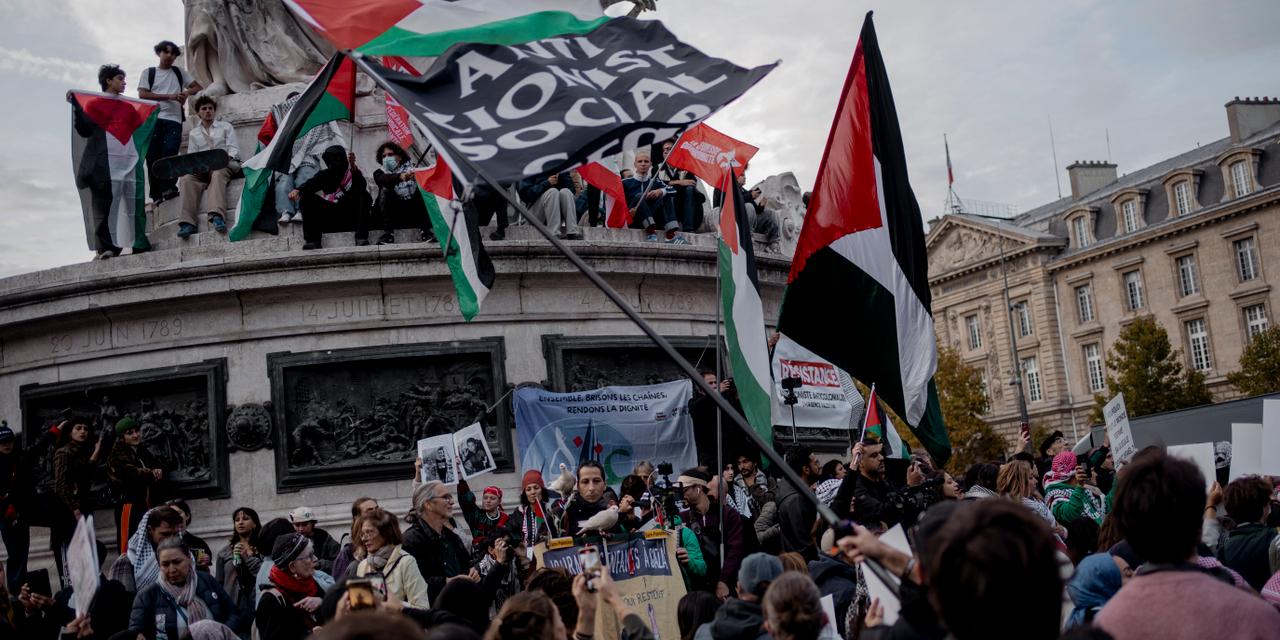


International solidarity with Gaza grows after flotilla interception
FeatureTens of thousands of people gathered on Thursday across Europe to show their support for Palestine and the crews of ships that Israeli forces intercepted off the coast of Gaza this week.
The Global Sumud flotilla did not break Israel's blockade of Gaza. Yet, after being intercepted by Israeli forces, it widened a breach in the wall separating the enclave's destruction from the outside world, where outrage has started to disrupt daily life in some cities. On the streets of European capitals, tens of thousands of people protested on Thursday, October 2, in solidarity with Palestinians and the 400 crew members of the flotilla that were captured off the coast of Gaza. These demonstrations brought together young and old, long-time activists and newcomers, in small groups that were quickly dispersed, large peaceful processions, or in clusters prepared to face police and retreat repeatedly into clouds of tear gas.

In Italy, where a wave of protests in support of Palestine – unmatched elsewhere in Europe – has continued to grow since the summer, the general strike called for on Friday began before dawn. The streets filled with protesters in at least 15 cities, large and small, from Milan to Bari, Florence and Rome. In Rome, a large, spontaneous, family-friendly march brought together thousands of people on Thursday. In Bologna, traditionally a left-wing stronghold, thousands of students clashed with police near the train station, a site still haunted by the memory of the far-right terrorist attack that killed 85 people there on August 2, 1980.

"Here, we do not forget fascist crimes!" shouted Yassin Bouhleli, 20, referring to an event that occurred a quarter-century before his birth. The agronomy student's eyes were red from tear gas launched from the other end of the railway bridge. Nearby, another group of protesters waved a flag bearing the Global Sumud flotilla's symbol alongside Palestinian colors, which were everywhere – pinned to jackets and draped around the necks of those not already wearing a keffiyeh.
You have 72.44% of this article left to read. The rest is for subscribers only.
